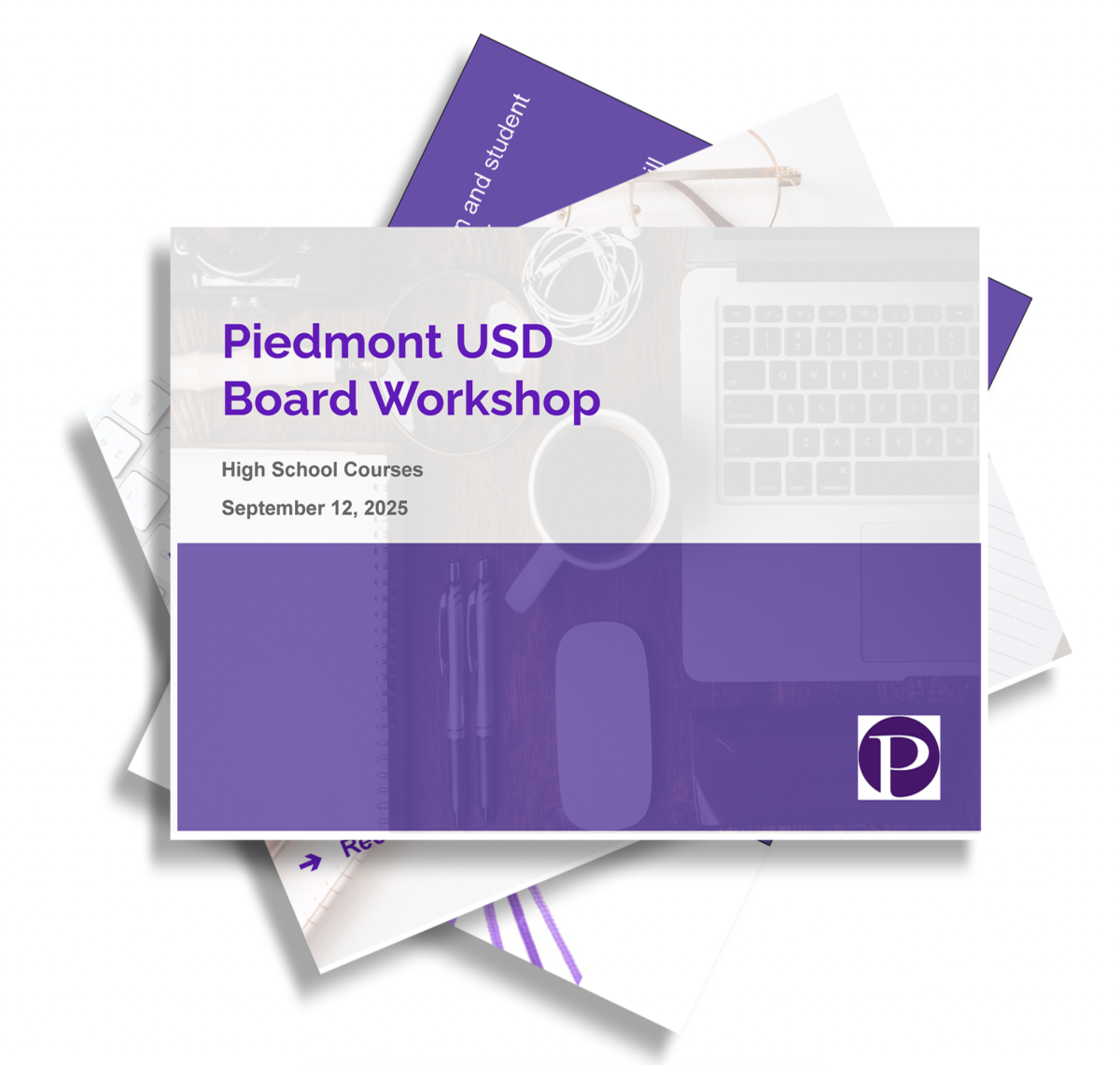When signing up for the SAT, a student answers hundreds of questions. Name? Birthplace? Interests? Religious affiliation? These questions are quite personal. Students often assume the College Board will keep their data private, but that is not the case.
According to the College Board website, when a student opts in to the “Connect to Colleges” program either online or on any College Board test, they are giving up a lot of privacy to their personal information.

According to the College Board website, “Colleges and scholarship programs can search for students and find you based on any of the information you provide, except the following: disability, self-reported parental income, social security number, phone number, and actual test scores.”
The data that can be used by academic companies and colleges to search for students ranges from college preferences plans to financial aid. The College Board also outlines which tests will return the most data to companies and colleges, most being the SAT and least being the AP tests.
In January of 2018, the College Board started sending out consent forms to parents to allow subcontractors who grade student tests and manage student learning data to access personal IEP (Individualized Education Program) and 504 disability data.
“These files can contain diagnoses, very personal mental and/or medical health information, information on student and family background, behaviors, attitudes and beliefs,” said education activist Cheri Kiesecker.
According to the Texas Education Agency, these two files for every student in a school district can be valued at $10,000 to $100,000 depending on the number of students.
According to the Parent’s Coalition for Student Privacy, in most states it is illegal to sell student data. However, the College Board licences the data instead of selling it.
The College Board never asks for parental consent for using student data even if the student is under 18. The student is the one who checks a box on their test answer sheet giving the College Board permission to licence the student’s data to third-party services.
Also, according to a Washington Post article by education reporter Valerie Strauss, this data is not only used by colleges and companies, but also by the military.
According to the New York Civil Liberties Union, the College Board’s data is used in the Department of Defense’s Joint Advertising Market Research Studies (JAMRS) Database.
According to the NYCLU, “[The JAMRS Database is] a massive registry of 30 million Americans between the ages of 16 and 25 for military recruitment purposes”





























